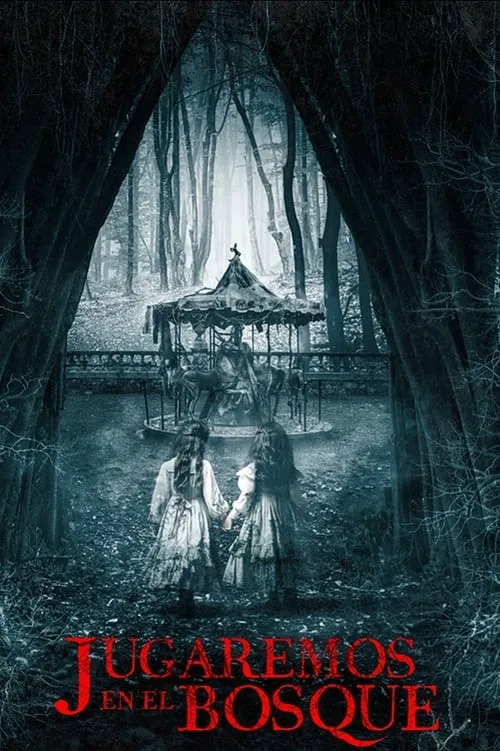Jugaremos en el bosque

Plot
Jugaremos en el bosque (We'll Play in the Woods) is a 2003 Spanish film centered around Javier, a young father still reeling from the loss of his child. Struggling to cope with his grief, Javier finds solace in the idea of revitalizing his family's long-abandoned ranch, with the hope that this new project will allow him to reconnect with his wife, Mariana, who had previously attempted to take her own life. The couple's future seems uncertain, and Javier is desperate to provide his wife with a fresh start. Believing that the ranch's restoration can be a turning point for them, Javier envisions a picturesque new home where he and Mariana can rebuild their shattered lives. However, this vision is put to the test when their grandmother, Manuela, refuses to sell them the property. Initially dismissive of their plight, Manuela seems unwilling to relinquish the past, demonstrating a deep affection for the family's heritage. Her refusal not only blocks Javier's ambitious plans but also introduces a long-standing schism within the family, harking back to a fractious history that lies beneath the surface. The discord within Manuela is triggered by the turbulent relationship that once existed between her and Javier's father. Years of animosity and misunderstanding have taken their toll on the family's collective memory, creating an invisible barrier that impedes progress and harmonious coexistence. Javier's pleas to his grandmother to reconsider her stance merely reveal the hardened positions each member of the family has adopted over time. Mariana finds herself increasingly entangled in the conflict exacerbated by her husband's unyielding pursuit of the ranch. Her fragile mental state, reeling from the loss of their child, and the strain of the impasse create a double-layered challenge that threatens to consume her already-fragile world-weariness. While her husband sees redemption in their lost home, Mariana wants nothing else but solitude and peace to process her emotions. The subsequent division ultimately exacerbates the grief they both try to escape, challenging their future prospects and driving the unlikely conflict between the next generation and the one behind. With what appears at first to be intransigent opposition on one side and helpless despair on the other, Manuela's determination - stubborn but heartfelt - seems inescapable. Yet, interspersed within the bleak story unfolding are illuminating glints of unspoken love and memory. We see Manuela tenderly treasuring and preserving items connected to her grandchildren, while Javier finds tender and vulnerable moments that remind him of a life left behind when his son was born. Over time, we come to appreciate her stance not as mere obstinacy but as a deeply personalized love. It hints at the selflessness with which a childless grandmother cherishes and loves the family that never got to fulfill her own maternal ambitions.
Reviews
Recommendations



